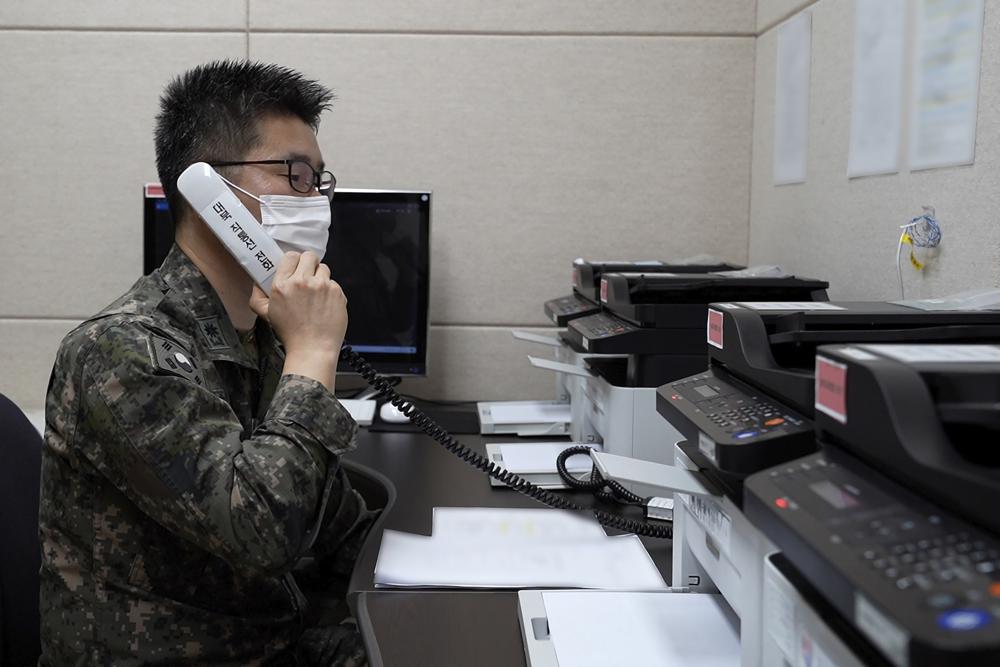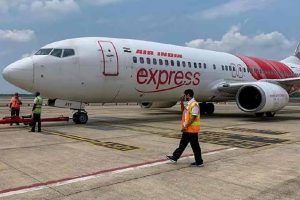The two Koreas held daily phone calls via their liaison and military hotlines on Tuesday, officials said, a day after Pyongyang restored the inter-Korean communication channels.
North Korea restored dormant communication hotlines with South Korea in a small, fragile reconciliation step Monday in an apparent hard push to win outside concessions with a mix of conciliatory gestures and missile tests.
The move came hours after the North’s state media announced that the lines would be back in normal operation as of 9 a.m. on the day.
“South and North Korea’s daily call at 9 a.m. took place normally via the inter-Korean liaison office,” a unification ministry official said.
It’s unclear how substantially the move will improve ties between the Koreas, as Pyongyang has a history of using the hotlines as a bargaining chip in dealings with Seoul. It often unilaterally suspended then reactivated them when it needed better relations with its southern neighbor.
“Long time no talk. We’re very pleased because the communication channels have been restored like this. We hope that South-North relations will develop into a new level,” a Seoul official said during a phone conversation with his North Korean counterpart over one channel, according to a video released by South Korea’s Unification Ministry.
The defence ministry also said both of their direct military communication lines — the eastern and western hotlines — as well as their call via ship-to-ship radio links that use the global merchant marine communication network operated normally.
The resumption of daily calls came 55 days after the North began refusing to answer South Korea’s calls in protest of an annual combined military exercise between the South and the US.
The hotlines are phone and fax channels that the Koreas use to set up meetings, arrange border crossings and avoid accidental clashes.
They’ve been largely stalled for more than a year as the North cut off them in protest of South Korean civilian leafleting campaigns. Communications were briefly revived for about two weeks this summer, but North Korea later refused to exchange messages again after Seoul staged annual military drills with Washington that Pyongyang views as an invasion rehearsal.
(With IANS inputs)











